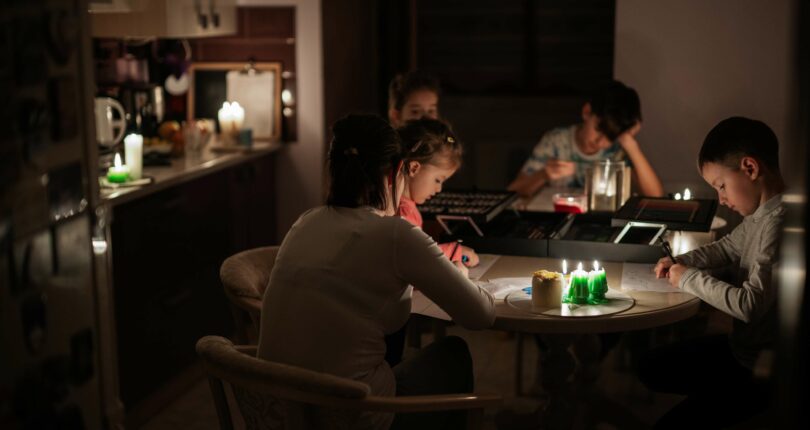Over the weekend of April 6–7, winds that in some areas exceeded 100 miles per hour slammed communities along Colorado’s Front Range. The high winds caused widespread power outages and significant damage to many homes and businesses. For some of Colorado’s electric co-ops, the high winds broke poles and took down power lines, which resulted in a temporary loss of electric service to co-op members.
As they always do, electric co-ops rose to the challenging weather conditions and deployed crews to repair the downed lines and restore service as soon as it was safe to do so. Working around the clock, co-op lineworkers and contract crews worked quickly and safely to minimize the time that co-op members were without power.
Electric co-ops and other electric utilities use a variety of techniques to mitigate the impacts of power outages during and immediately following extreme weather events. These include changing settings on protective devices, inspecting lines before reenergization if a line is deenergized, and having crews prepped and ready to restore power after the event is over.
Equally important, electric co-op communicators do their best to inform their members about what to expect regarding their electric service. If an outage occurs, co-ops use social media and other tools to inform their members about when they can expect the lights to come back on. In this most recent event, by all accounts, electric co-op customers applauded the efforts of their co-op to provide constant updates on the status of their service.
Of course, along the Front Range, whenever there are high winds, we all think back to the catastrophic Marshall Fire that resulted in the loss of two lives and hundreds of homes. Many were impacted by that terrible event, and our hearts still go out to those who were affected. It’s unclear whether electric utility infrastructure caused or contributed to that awful fire, but we know that in recent years, downed power lines have caused devastating fires in California, Texas, and other states.
Since high winds were predicted in the April 6–7 event, Xcel Energy, the power supplier to many people along the Front Range, decided to preemptively shut off power to thousands of customers to limit the risk of a power line falling and igniting a fire. While no electric utility wants to suspend service, in my opinion, it’s hard to fault Xcel for this action — particularly considering the heartbreaking case of the Marshall Fire (regardless of the cause of that fire).
The Colorado Public Utilities Commission, at the request of Gov. Polis, has opened an investigatory proceeding to examine how Xcel’s “public safety power shut-off” was implemented and whether the company was justified in taking that step. Further, the PUC will look at how Xcel communicated with its customers to make them aware of when and where the power shut-off would occur. The results of this investigation may be instructive to Colorado’s electric co-ops in terms of how future events can best be handled by electric utilities.
April’s windstorm, along with the recent catastrophic wildfires in Colorado, California, and Texas, remind us that the electric grid in the United States is vulnerable to threats that are beyond the control of electric utilities. The question is, how can the risks of extreme weather events best be mitigated?
Although some people have suggested it, it’s cost prohibitive to move all electric lines underground. And until such time as battery technology improves to affordably support more widespread distributed power such as solar panels, we will still need a distribution grid — and its power poles and lines — to provide electricity to millions of
Coloradans for years to come. While the electric grid is robust and will withstand many extreme weather conditions, there are limits. When those limits are exceeded, it’s the job of your electric co-op to stand the system back up as quickly and safely as possible. That’s been the promise of Colorado’s electric co-ops to communities across the state for nearly 90 years and will continue to be our promise for many decades to come.
Kent Singer is the executive director of CREA and offers a statewide perspective on issues affecting electric cooperatives. CREA is the trade association for 21 Colorado electric distribution co-ops and one power supply co-op.

